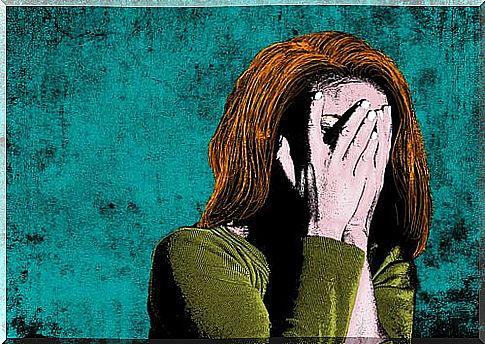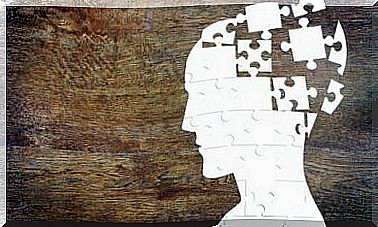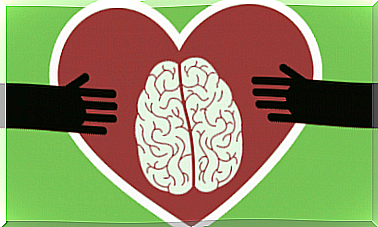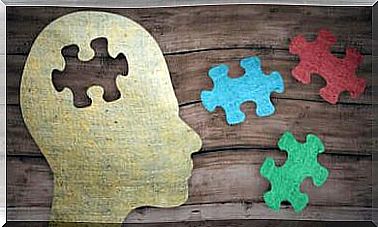Myths And Truths About Marijuana Use
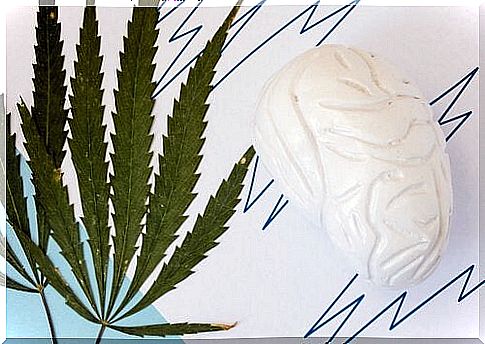
The use of marijuana or cannabis sativa has become popular in recent decades. Although it is one of the most widely used drugs, even today, many people rely on incorrect information regarding the potential benefits and harms of using marijuana. In fact, its use has spread, but knowledge of the effects of marijuana has not improved. The myths about it are moreover as numerous as they are dangerous.
For this, we will present in this article the main myths and truths associated with the consumption of this drug. We will identify the most common ideas that exist about it, its possible therapeutic effects, whether or not it is addictive and its potential to aid concentration and creativity.
Therapeutic effects of marijuana use, do they really exist?
Marijuana has roughly 100 types of cannabinoids (components of cannabis). While the psychoactive effects of using marijuana are due in large part to the cannabinoid THC, its most potent medico-therapeutic potential lies in the cannabinoid CBD. Medicinal cannabis should be consumed orally and not by smoking, as the damage to the lungs caused by smoking does not outweigh the therapeutic effects.
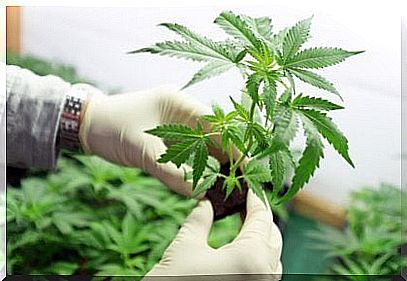
In fact, by consuming marijuana, we ingest different types of cannabinoids. The best known and sought after by marijuana users is Delta-9-Tetrahydrocannabinol (THC). The therapeutic effects are obtained thanks to cannabidiol (CBD) which can be consumed in capsules, oil or solutions when it has therapeutic indications. It is neither necessary nor healthy to seek out the therapeutic effects of CBD through the use of marijuana.
The CBD has proven its therapeutic benefits through scientific studies. Its benefits are: anti-inflammatory, antiemetic, anticonvulsant, anxiolytic, and anti-tumor effects. All of these effects are the most well-known of CBD and do not require the consumption of marijuana to be felt since there are preparations to obtain the therapeutic benefits of this type of cannabinoid.
Is Marijuana Use Addictive? Can you be addicted to marijuana?
The answer to these two questions is of course yes. The consumption of marijuana generates dependence because it is a psychoactive substance which modifies the functioning of the cerebral reinforcement pathways (ventral tegmental area and nucleus accumbens). The fact that stopping the use of marijuana does not cause abstinence syndrome with significant signs does not mean that the substance is not addictive. Marijuana is an addictive drug.
Until today, the signs and symptoms of abstinence related to cannabis have been studied and identified. The diagnostic criteria for this abstinence syndrome according to the DSM-5 manual are as follows.
Characteristics of abstinence syndrome
A. Abrupt cessation of cannabis use that has been intense and prolonged (for example, daily or almost daily use for a period of at least several months).
B. Appearance of three (or more) of the following signs and symptoms within approximately one week of criterion 1:
- Irritability, anger or aggression
- Nervousness or anxiety
- Difficulty sleeping (insomnia or nightmares)
- Loss of appetite or weight
- Uneasiness
- Depression
- At least one of the following physical symptoms causing significant discomfort: abdominal pain, spasms and tremors, sweating, fever, cold sweats, headache
C. The signs of criterion B cause significant discomfort or deterioration in social, professional or other important areas of functioning.
D. Signs or symptoms cannot be associated with any other medical condition and are not best explained by another mental disorder, such as intoxication or abstinence from another substance.
So, if a person experiences such symptoms after stopping the use of THC, we are faced with a case of Cannabis abstinence syndrome which is the result of the brain changes that caused long-term use of marijuana. In summary, the truth is that marijuana is an addictive and abstinent drug, although it is legal in some countries.

Marijuana is a natural substance so its consumption does not cause any significant damage to our body: is it true?
This is the most widespread myth and the most rejected by scientific research. The main negative consequences of using marijuana are observed in the cognitive functioning of our brain (memory, attention, reasoning) and in the immune system (our body’s defenses). Thus, we can evoke two harmful effects: neuropsychological problems and immune problems.
In this way, the consumption of marijuana causes a poorer performance of memory both in the short term and in the long term. THC has also been shown to cause significant long-term difficulty in memorizing new information or concentrating. All of this can be seen when we compare a group of people who use marijuana to a group who do not use it, of the same age, gender, culture and educational level.
In addition, the use of marijuana causes less activation of the immune system, which works less efficiently. Technically it is said that THC “depresses” the immune system which in the long run makes us more vulnerable to diseases and especially autoimmune or carcinogenic diseases. Also, it should be taken into account that the effects of using marijuana are noticeable with nervousness and anxiety. These two experiences are also harmful for the immune system since its functioning is very much linked to our emotional state.
Although this substance is natural, it therefore has harmful effects on the body. In addition, being smoked and therefore consumed through the lungs, we must add the negative consequences of combustion and carbon monoxide. In this case, naturalness is therefore certainly not synonymous with harmlessness.
Is There A Relationship Between Marijuana Use And Better Creativity?
It is difficult to understand the relationship between marijuana and creativity. On the one hand, it is certain that inhibiting the frontal lobe (and the social limitations within it) helps us to be more creative. On the other hand, to improve creativity, there are much more effective (and less dangerous) methods than this one. The in-depth study of the artistic field in which we work (painting, photography, cinema, music, etc.) as well as the exposure to new artistic stimuli notably favor creativity.

Marijuana can make you more creative, but only in the short term while under the effects of THC. On the other hand, it will help you on a fundamental aspect if you want your creativity to bear fruit: consistency. Using marijuana can increase creativity but at the same time prevent you from having constant abilities. Marijuana can therefore bring you many new ideas but at the same time make it difficult to bring them to life.
Finally, if a person decides to use marijuana despite its harmful effects, it is important that certain concepts be remembered in order to have responsible consumption. You must: have exact information about what you smoke (type of plant, amount of THC, pesticides, added toxins), maintain healthy eating habits, perform physical exercises and avoid using marijuana to find the sleep. Remember that an addiction psychologist can help you responsibly reduce your use or even quit the addictive habit altogether.
